To imagine is everything, to know is nothing at all
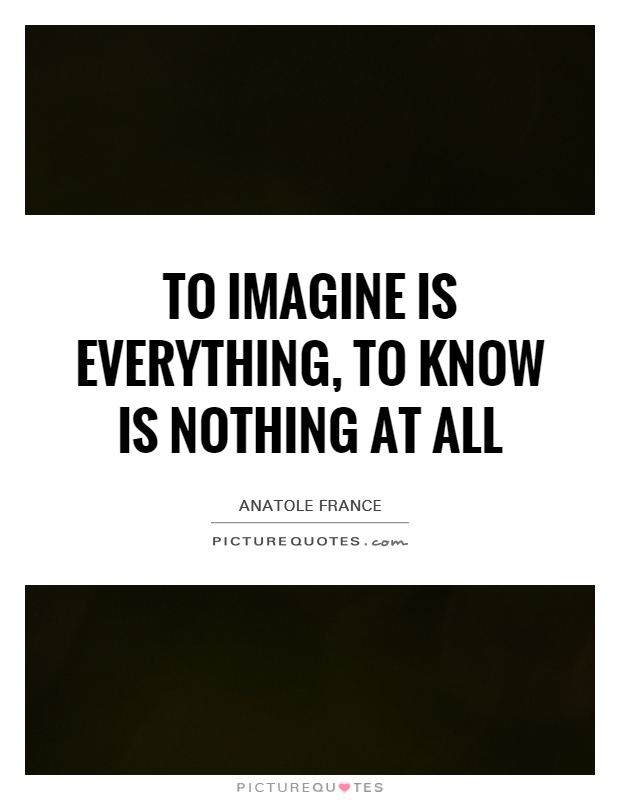
To imagine is everything, to know is nothing at all
Anatole France, the renowned French writer and critic, once famously said, "To imagine is everything, to know is nothing at all." This statement encapsulates the essence of his literary philosophy and sheds light on the power of imagination in shaping our understanding of the world.For Anatole France, imagination was the key to unlocking the mysteries of life and transcending the limitations of knowledge. He believed that the human mind had the capacity to create worlds beyond the confines of reality, to envision possibilities that were not bound by the constraints of logic or reason. In his works, France often explored the realms of fantasy and imagination, delving into the depths of the human psyche to uncover hidden truths and profound insights.
In his novel "The Revolt of the Angels," France delves into the world of angels and demons, exploring the complexities of good and evil through the lens of imagination. Through the character of Arcade, a fallen angel who rebels against the oppressive hierarchy of heaven, France challenges conventional notions of morality and righteousness, inviting readers to question their preconceived beliefs and embrace the power of imagination to envision a better world.
Similarly, in his satirical works such as "Penguin Island" and "The Gods Are Athirst," France uses wit and irony to critique the social and political institutions of his time, exposing the follies and hypocrisies of human society. By employing the tools of imagination and creativity, France is able to shed light on the darker aspects of human nature and provoke readers to think critically about the world around them.



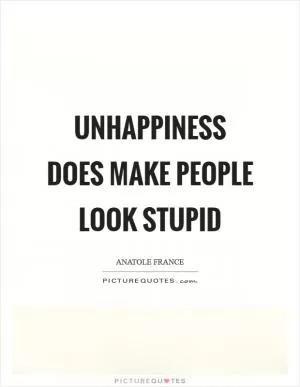
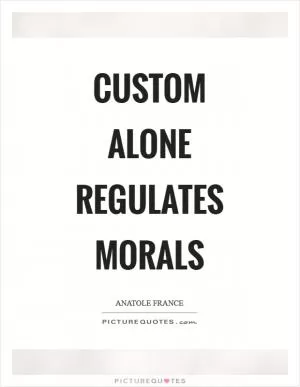
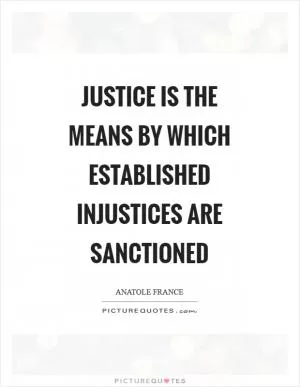
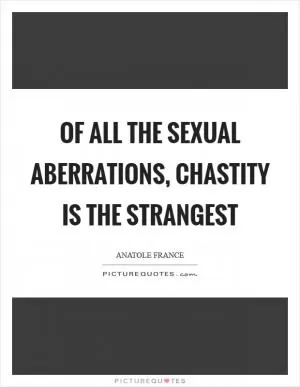
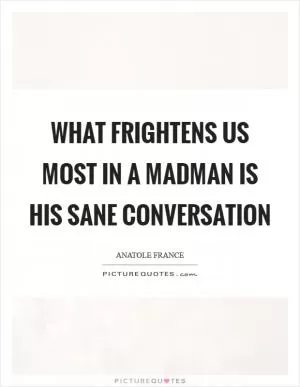
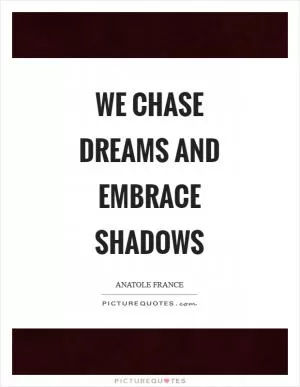
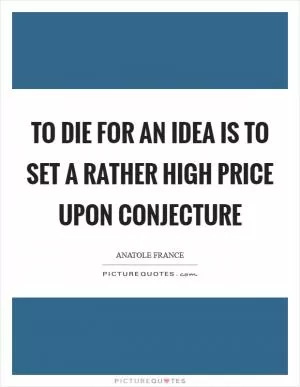
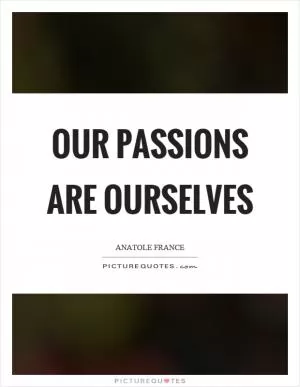
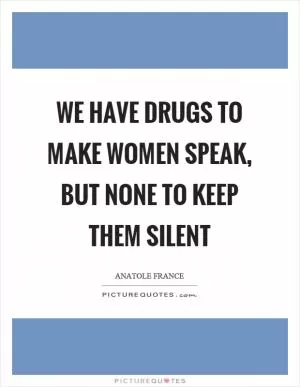
 Friendship Quotes
Friendship Quotes Love Quotes
Love Quotes Life Quotes
Life Quotes Funny Quotes
Funny Quotes Motivational Quotes
Motivational Quotes Inspirational Quotes
Inspirational Quotes